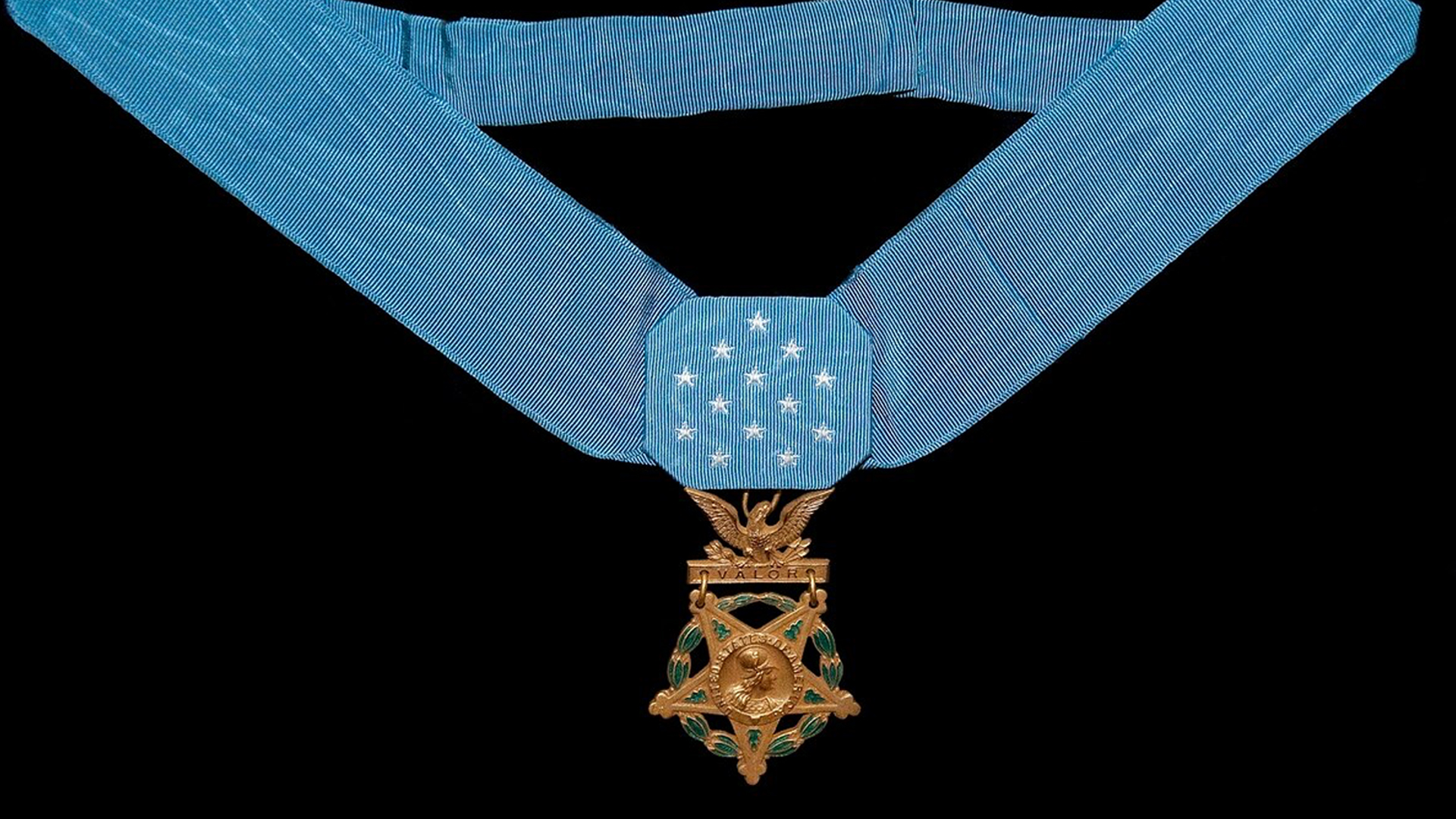

After years of fighting, one retired Special Forces soldier could finally receive what so many of his fellow soldiers say he deserves: the Medal of Honor.
According to a New York Times report on Monday, then-26-year-old Capt. Paris Davis demonstrated heroism and bravery during a gunfight in Vietnam in June 1965, repeatedly putting himself in harm’s way to save wounded teammates.
His actions immediately earned him a nomination for the Medal of Honor, which the Army “somehow lost.” When his commander resubmitted it, it was “lost” once again. (The Army has not yet responded to a request for comment from Task & Purpose, though they declined to comment to the Times.)
His teammates say there can be only one reason behind it: Davis’ race. He was one of the first Black officers in the Army Special Forces.
“What other assumption can you make?” Ron Deis, who was the youngest soldier on Davis’ Special Forces team in 1965, told the New York Times.
Now the fight to get Davis recognized may be nearing the finish line. Acting Defense Secretary Christopher Miller has reportedly “personally ordered an expedited review of the lost nomination, to be completed by March.” That report will be passed to the Secretary of the Army, then to the Secretary of Defense, and ultimately placed on President Joe Biden’s desk.
Davis, now 81 and a retired Army colonel, told the Times that people “need to keep on keepin’ on.”
“We’ve got to make this a better world,” he said. “That’s how I feel.”
On June 18, 1965, Davis and a small team of Special Forces soldiers led a group of South Vietnamese troops to an enemy camp. In the early morning hours of the day, the team “surged through the camp,” attacking the sleeping North Vietnamese troops. Some were killed in their cots while others “fled into the jungle.”
Davis was congratulating the team on their success when they heard the sound of enemy bugles, “announcing a counterattack by a much larger force.”
The other soldiers with Davis were all shot — one had his knee shattered by a sniper bullet, another was “knocked out by a mortar blast,” and the team’s medic was shot in the head. Davis and the group of South Vietnamese troops spent the next 10 hours on a small hill, “holding off waves of attackers.”
Part of his trigger finger had been torn off during the fight, and he was forced to fire his M-16 with his pinkie finger.
Finally, U.S. air support came to the rescue, bombing the enemy’s position. Instead of taking cover, Davis ran to retrieve his teammates, one by one, reports the Times. He pulled the weapons specialist back, then as he ran to get the master sergeant, he was shot through the leg. He waited, and during the next U.S. airstrike he “limped back out across the rice field and grabbed the sergeant.”
But the medic was still out there. According to the Times, reinforcements arrived and a major ordered Davis to evacuate. He refused, saying he had to rescue his medic first. When he finally got to him, the medic asked Davis if he was going to die.
“Not before me,” Davis recalled saying.
It wasn’t a question when the team returned — all alive — that Davis would be nominated for the Medal of Honor; his commander, Maj. Billy Cole, told a local newspaper at the time that Davis “showed as much cold courage as any human I’ve ever heard of,” per the Times.
The nomination, however, was met with silence. Cole pushed for an inquiry to find out what happened to it, and in 1969 it was “determined that no record of the original nomination could be found.” So the nomination was resubmitted, only to once again disappear.
Davis is not the only Black soldier who is believed to be long overdue for the Medal of Honor — the years-long push for Sgt. 1st Class Alwyn Cashe to posthumously receive the medal hasn’t slowed. While the path for Cashe’s nomination was cleared last year, the White House team coordinating on an official announcement determined in January that a potential ceremony wouldn’t come until after the inauguration.
The White House has not yet responded to questions about if President Biden has been in contact with Cashe’s family regarding the medal or if he plans to move forward with a ceremony.
Related: White House postpones Medal of Honor for Alwyn Cashe until after the inauguration
